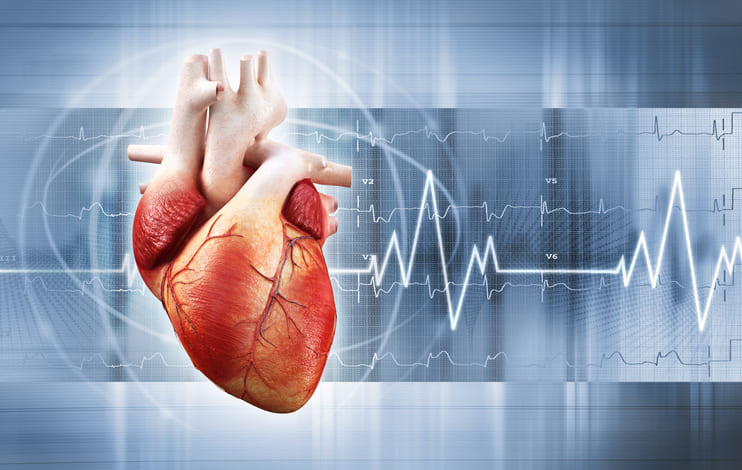Testosterone (T) plays a pivotal role in coordinating a series of psychological, cognitive and physical events that might (or might not) culminate in male sexual activity. In fact, T deficiency is associated, in a statistically significant way, with several sexual dysfunctions including erectile dysfunction (ED), reduction of spontaneous erection and hypoactive sexual desire (HSD). Although these associations are statistically significant, there is debate if they are also clinically meaningful. In addition, sexual dysfunctions are present also in several metabolic conditions – such as type 2 diabetes mellitus and obesity – that often associate with low T. In particular, this is the case of ED, but not of HSD, that, therefore, should be considered a more genuine correlate of T deficiency in adulthood and aging (late onset hypogonadism, LOH). The aim of this review is to scrutinize evidence from our and other studies on sexual effects of T replacement therapy (TRT) in LOH. Intervention studies in clinical trials involving subjects with LOH, and their meta-analyses, indicate that T replacement therapy (TRT) is able to ameliorate HSD, spontaneous erection and ED. However, the relative improvement of ED by TRT is marginal [2-3 points of International Index of Erectile Function-erectile function domain (IIEF-EFD)] and significantly smoothed in subjects with the aforementioned metabolic conditions. In LOH, positive effects of TRT on other domains of sexual activity, such as orgasm and sexual satisfaction, are also apparent in the different meta-analyses. Hence, TRT is a reasonable treatment for restoring sexual drive in LOH, with some additional positive effects also on erection (spontaneous and sexual-related) and on orgasm. In contrast, preclinical and clinical studies indicate that T administration to eugonadal subjects does not improve male sexual activity.This article is protected by copyright. All rights reserved.
Controversial aspects of testosterone in the regulation of sexual function in late onset hypogonadism.


